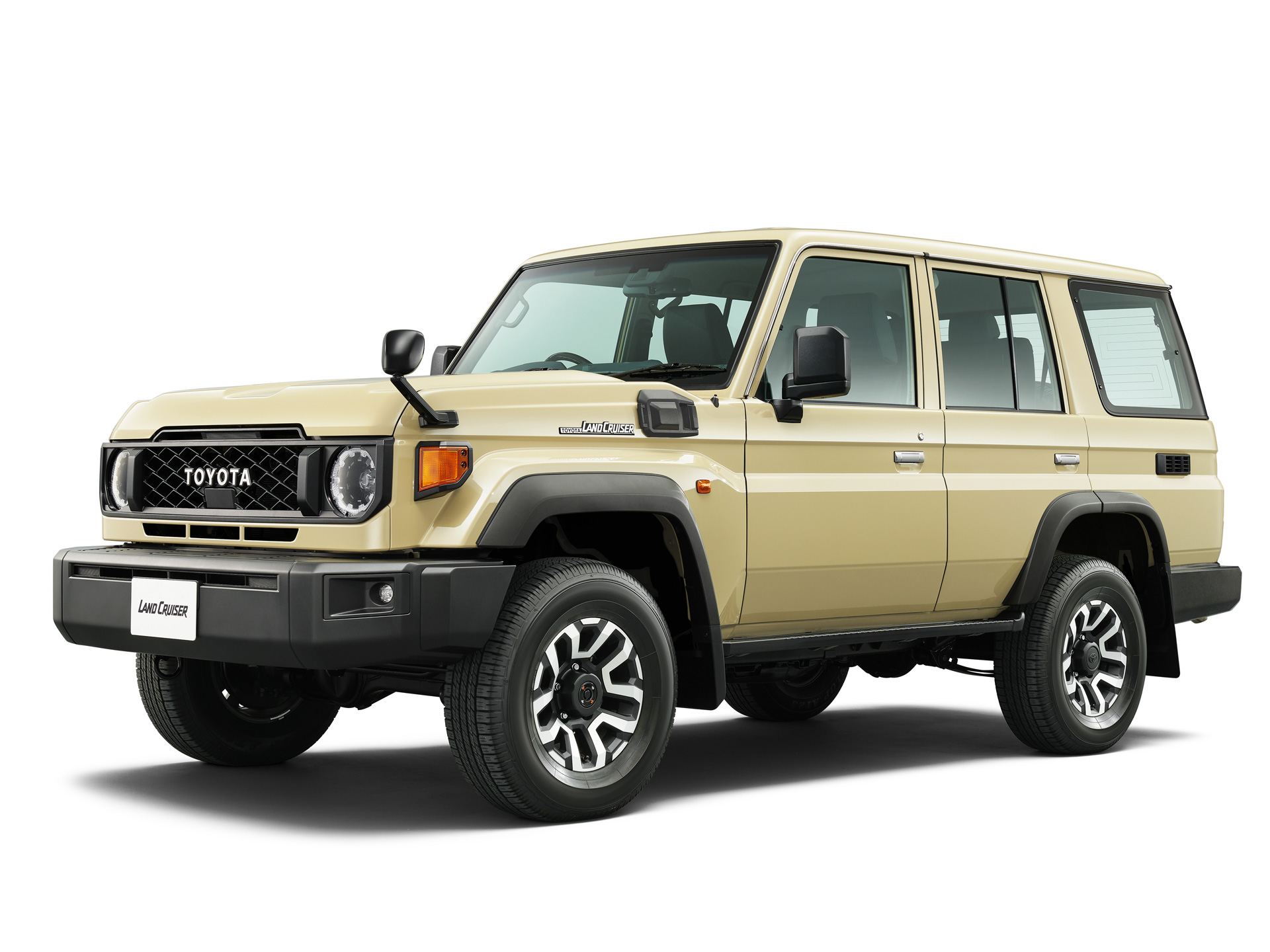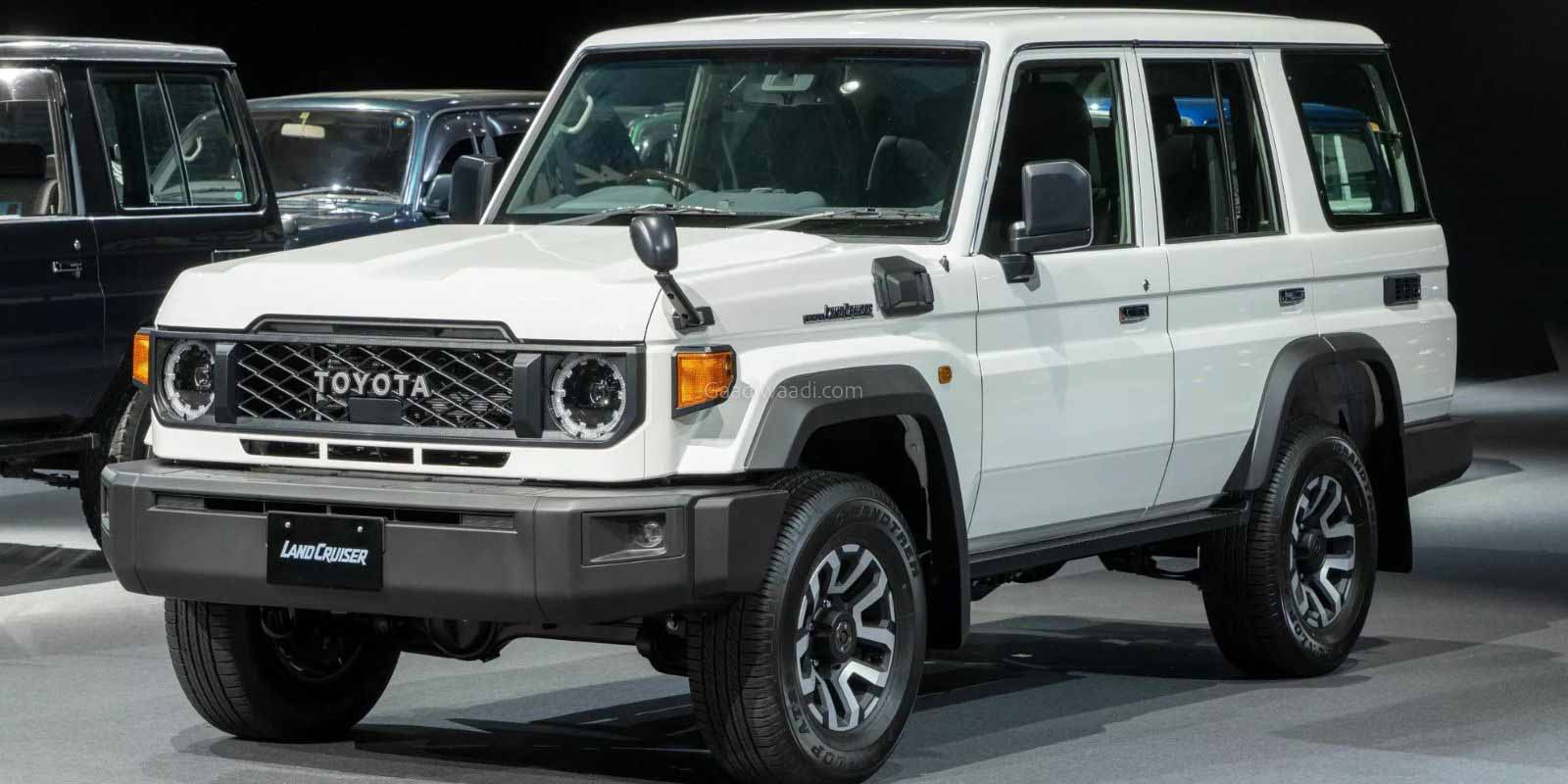The development of the battery-electric Toyota Land Cruiser 70 Series has encountered delays, as confirmed by Sean Hanley, Toyota Australia’s Vice President of Sales and Marketing. Hanley shared with CarSales that the transition to an emissions-free off-roader is presenting significant challenges during its development phase.
Converting the robust pickup truck into an electric vehicle of comparable resilience has proven to be an arduous task, posing multiple obstacles for engineers and the development team.
Hanley remarked, “It’s far more challenging than even we envisaged to be able to bring the capability [and] safety requirements that mining requires to these vehicles.”
Rather than developing the Land Cruiser EV in-house, Toyota has collaborated with Tembo e-LV, a specialized company tasked with converting the 70 Series into electric vehicles.
In a unique trial initiated in 2021, Toyota partnered with BHP, a global mining company operating in Australia, to assess the feasibility of electric Land Cruisers for underground mining operations, recognizing mining firms as significant customers for the 70 Series.
Hanley refrained from specifying a precise timeline for the electric Land Cruiser’s release but indicated that it would not materialize before 2030, emphasizing the paramount importance of ensuring quality and safety in this endeavor. He stressed, “Quality and safety are the essence here.”

While aftermarket conversion options exist, Toyota aims to cater to mining companies and other industries seeking factory-backed Land Cruiser EVs.
Originally slated for a 2024 debut, the project’s timeline was postponed by a year and further delayed due to the complexities of adapting electrical components to withstand challenging conditions such as dust, water, and high temperatures.
Beyond the Land Cruiser 70 Series, Toyota is exploring electrification options for the Land Cruiser SUV, considering strategies such as hydrogen fuel-cell technology and plug-in hybrid systems.
Despite the potential of hydrogen fuel cells, the lack of infrastructure poses practical challenges, particularly for Land Cruiser owners who venture into remote regions. Meanwhile, plug-in hybrid vehicles still emit greenhouse gases.
Toyota envisions a future where the legendary Land Cruiser SUV becomes fully electric, as exemplified by the Land Cruiser Se concept. Reports suggest plans for a Land Cruiser Mini.
In the United States market, a plug-in hybrid variant is likely to precede any electric iterations, aligning with Toyota’s belief in the efficacy of plug-in hybrids in addressing environmental concerns.
Also read: Toyota’s GR Yaris Rally2: Bridging the WRC’s Dominance with Customer Racing Innovation

